The hottest Super Bowl ad trend? Not running an ad.
The big game will showcase a variety of savvy — or cynical? — pandemic PR strategies

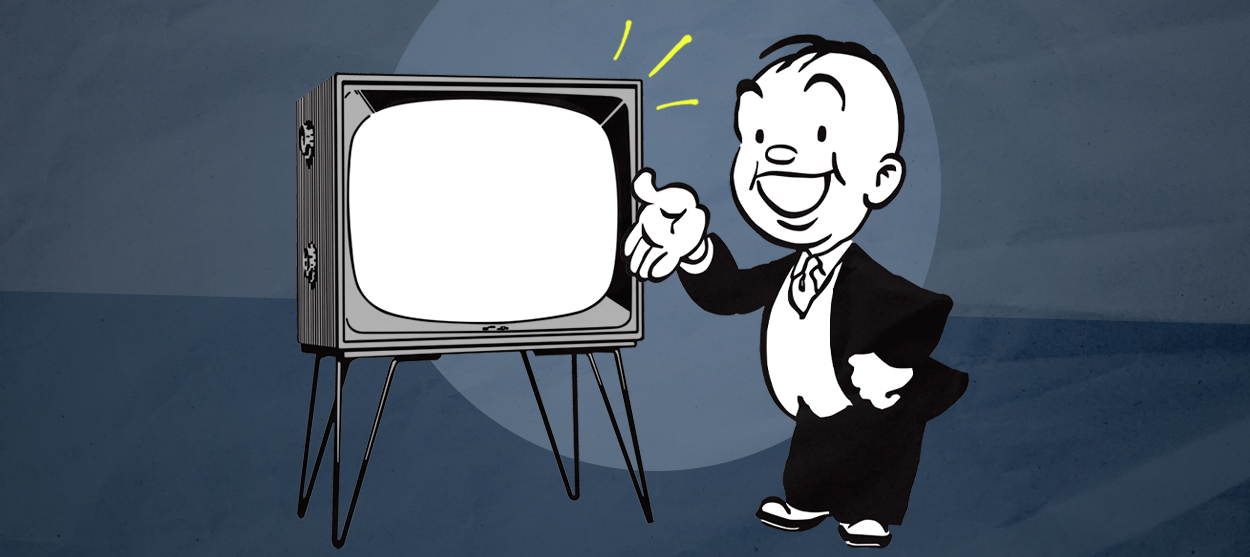
A free daily email with the biggest news stories of the day – and the best features from TheWeek.com
You are now subscribed
Your newsletter sign-up was successful
There's a time and place for mourning an anthropomorphized legume, but the midst of a pandemic is not it.
This is the short way of telling you that there will be no second attempt to kill off Mr. Peanut this year, after the advertising logo initially died in a pregame Super Bowl ad in 2020. Planters originally intended for Mr. Peanut's funeral to air during last year's Super Bowl — as the dramatic precursor to his Lazarus moment, when he was resurrected as "Baby Nut" — but the company's plans for the irreverent tribute were complicated by the death of Kobe Bryant. Rather than attempt a do-over funeral in 2021 by offing Mr. Peanut again, the company has decided not to run an ad at all.
This isn't out of any concern for the wellbeing of the fictional Mr. Peanut, who's proven harder to get rid of than a cockroach. Rather, in the place of a Super Bowl spot, Planters released a video about how it's not doing a Super Bowl ad. As Mr. Peanut explains in a new video, "Instead of spending millions on this nut during the Big Game, we're giving $5 million to the ones whose little acts of extraordinary substance make the world a better place."
The Week
Escape your echo chamber. Get the facts behind the news, plus analysis from multiple perspectives.

Sign up for The Week's Free Newsletters
From our morning news briefing to a weekly Good News Newsletter, get the best of The Week delivered directly to your inbox.
From our morning news briefing to a weekly Good News Newsletter, get the best of The Week delivered directly to your inbox.
Because in 2021, the hottest trend in advertising ... is not advertising at all.

Not every brand is lucky enough to be in a spot to voluntarily decide against running an ad. "In an environment where businesses are scrutinizing every investment, a $5.5 million Super Bowl unit becomes harder to justify," Jason Kanefsky, the chief investment officer at the ad agency Havas Media, explained to Bloomberg. For example, Coca-Cola, which has faced declining revenue with the closure of movie theaters and restaurants and recently laid off 2,000 people, will understandably sit this year out. Likewise, with car sales down due to the pandemic, only three automakers plan to air commercials, down from 11 in 2018. Meanwhile, brands that exploded during the pandemic — like the job search website Indeed, garden supplier Scotts Miracle-Gro, freelance platform Fiverr, and even the now-infamous stock trading app Robinhood — will have their Super Bowl ad debuts.
But for some of the major legacy brands, the savvy move this year was to not run an ad at all. That shouldn't be confused with forgoing Super Bowl-adjacent PR, though. "2021 is not just the perfect year, it might be the only year Super Bowl ad stalwarts could generate a lot of buzz by not running an ad," Kate Muhl, a brand analyst at the consulting firm Gartner, told Adweek. "Not as much buzz as they could generate with a hit commercial, but the buzz they do generate will cost less, it'll be lower risk. And if they're dedicating that money to a cause, they'll be making progress on the purpose priorities of the brand."
Take Budweiser, which in a normal year is the "king" of the Super Bowl advertisers. In the weeks leading up to this Sunday, dozens of headlines have trumpeted the company's decision to skip the big game for the first time in 37 years, and instead spend the money that would have gone toward its ad spot to support "vaccine awareness." It's actually quite a commendable choice — but don't make the mistake of thinking it's wholly selfless. Budweiser's owner, Anheuser-Busch InBev NV, still bought ads for its other brands, like Bud Light, Bud Light Seltzer Lemonade, and Michelob Ultra, as well as its own feel-good corporate spot. Budweiser's own campaign, which involves the parallel release of a video about pandemic resilience voiced by Parks and Recreation actress Rashida Jones and a website giving away free beer, is just another, cleverer form of advertising. Its absence from the Super Bowl is its ad.
A free daily email with the biggest news stories of the day – and the best features from TheWeek.com
Several other brands will still have traditional ad spots, but use them to focus on a cause — a kind of emotional manipulation that's common in advertising, but has really taken off during the course of the pandemic. Rather than run its usual national commercial, Ford, for example, is using an uplifting "hold the line" ad spot to target COVID-19 hotspots like Southern California, Texas, and Florida, as well as states like Michigan and Missouri, where there are high concentrations of employees who can't work from home. It does effective double duty, tying the brand to the ideas of social responsibility and patriotism, while also getting an important message out to regions that might need the extra encouragement.
Ford, though, is the model example; there are other ads that come across as far less sincere. Delivery app DoorDash plans to air an ad during the Super Bowl called "The Neighborhood" with the Sesame Street Muppets and Hamilton actor Daveed Diggs, and which focuses on championing local business. "DoorDash's mission has always been to empower any business on Main Street to thrive online," Christopher Payne, the Chief Operations Officer at DoorDash, said in a press release touting their campaign. But Washington, D.C., dinged DoorDash just last month for trying to "[charge] restaurants as much as 30 percent per order during a pandemic that has already devastated the hospitality industry," The Washington Post reports, while the company was previously caught ripping off delivery driver tips. The ad spot, as a result, comes across feeling more opportunistic — an attempt to drum up good press — than earnestly motivated.
Still, the decision makes business sense. Running an ad, or running an ad that doesn't look like an ad, might actually be a safer decision this year than going big with something funny, like a funeral for a dead peanut mascot. "Fewer Super Bowl parties due to the pandemic will likely result in fewer people watching the ads," Adweek writes, paraphrasing an argument made by Jonah Berger, a marketing professor at the University of Pennsylvania's Wharton School. "And with no offices to go into on Monday morning, people are less likely to talk up their favorite commercials with colleagues." But on the other hand, watching alone at home means that "with fewer distractions, people may end up paying more attention to ads," Ryan McConnell, an SVP in Kantar's consulting division, told Deadline — that is, ads that do air, and boast about good causes, won't be missed in the chatter over guac.
Don't expect the advertising trend to stick around, though. Post-pandemic, brands will once again be tempted to spend millions to buy a handful of seconds in front of Americans' eyes. For those watching at home, who miss the beer-bearing Clydesdales and schadenfreude derived from a monocled peanut's misfortune, hold the line. There's always next year.
Jeva Lange was the executive editor at TheWeek.com. She formerly served as The Week's deputy editor and culture critic. She is also a contributor to Screen Slate, and her writing has appeared in The New York Daily News, The Awl, Vice, and Gothamist, among other publications. Jeva lives in New York City. Follow her on Twitter.
-
 The Olympic timekeepers keeping the Games on track
The Olympic timekeepers keeping the Games on trackUnder the Radar Swiss watchmaking giant Omega has been at the finish line of every Olympic Games for nearly 100 years
-
 Will increasing tensions with Iran boil over into war?
Will increasing tensions with Iran boil over into war?Today’s Big Question President Donald Trump has recently been threatening the country
-
 Corruption: The spy sheikh and the president
Corruption: The spy sheikh and the presidentFeature Trump is at the center of another scandal
-
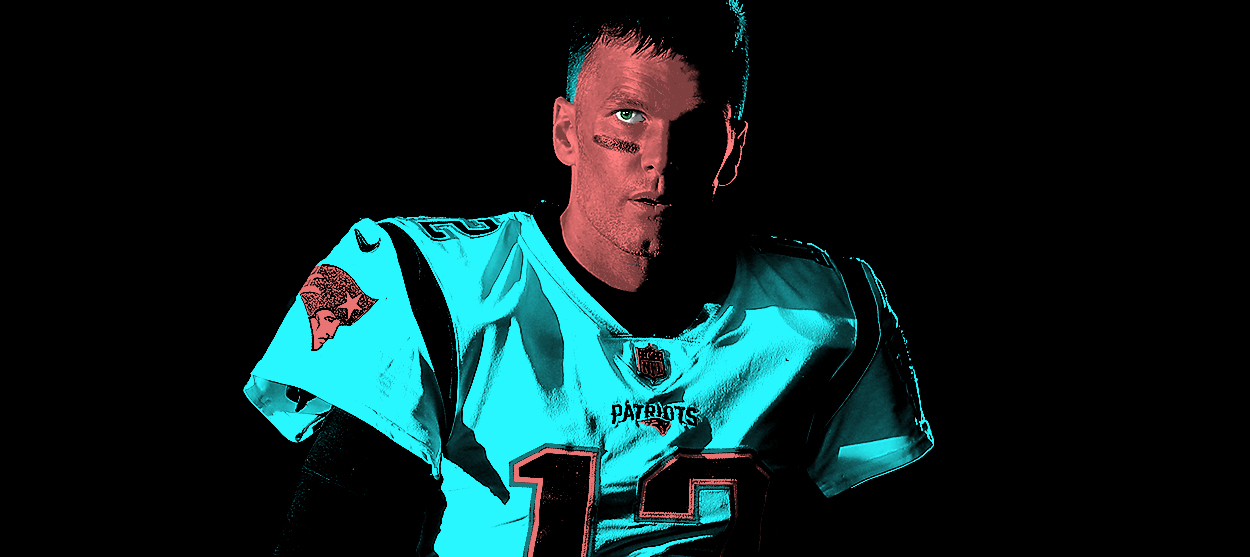 Tom Brady bet on himself. So did Bill Belichick.
Tom Brady bet on himself. So did Bill Belichick.The Explainer How to make sense of the Boston massacre
-
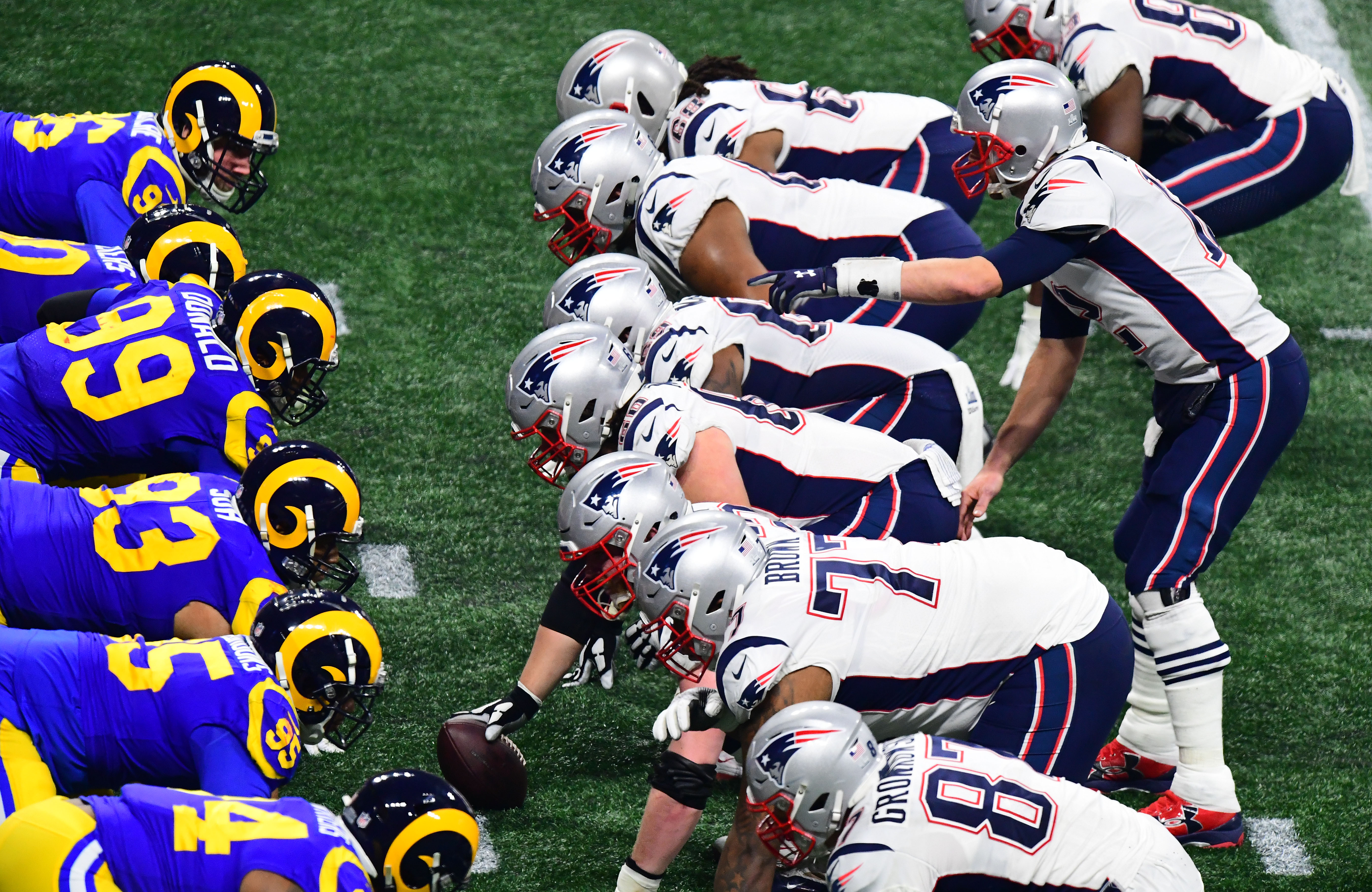 The 13 most exciting moments of Super Bowl LIII
The 13 most exciting moments of Super Bowl LIIIThe Explainer Most boring Super Bowl ... ever?
-
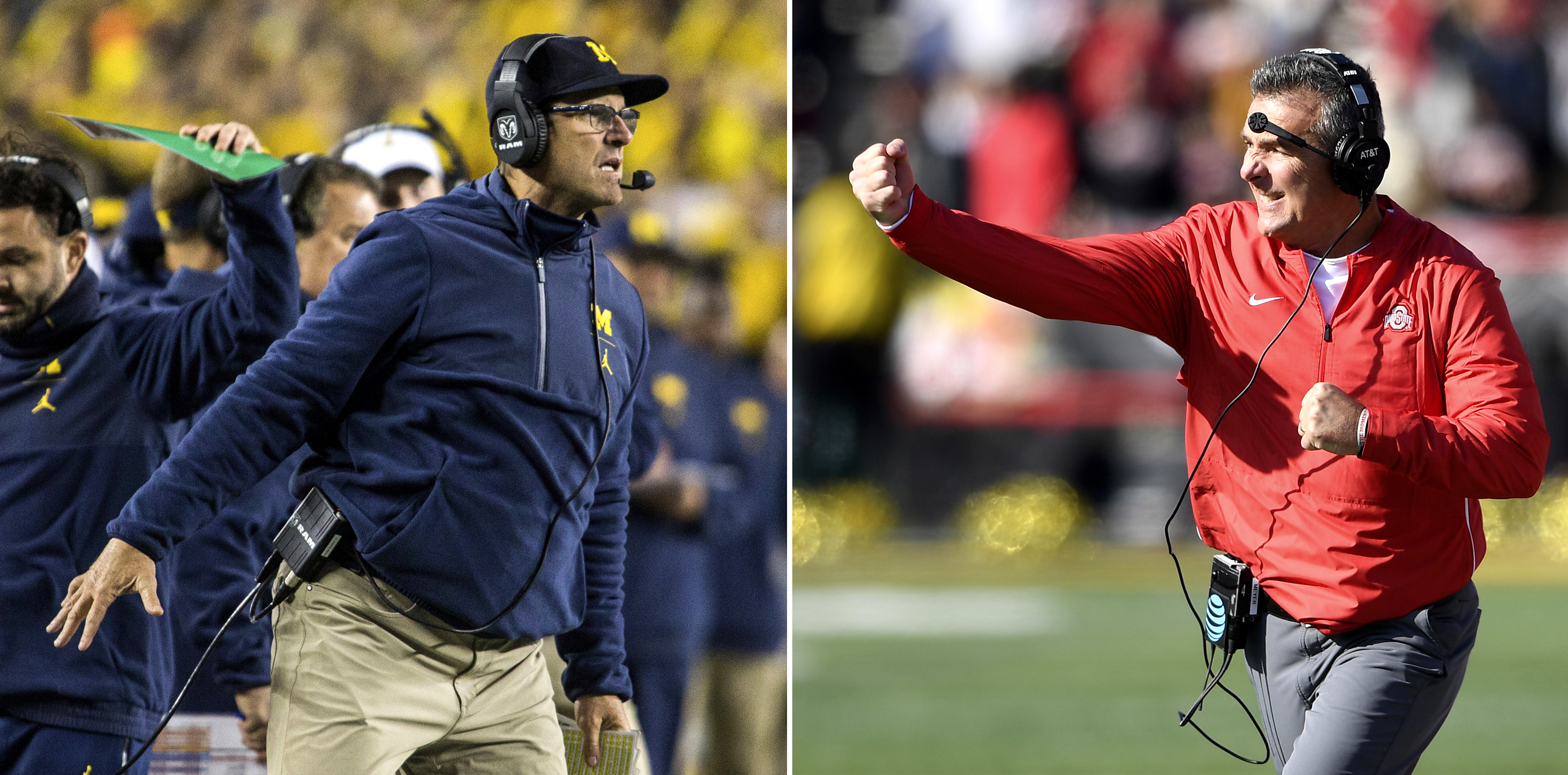 The enduring appeal of Michigan vs. Ohio State
The enduring appeal of Michigan vs. Ohio StateThe Explainer I and millions of other people in these two cold post-industrial states would not miss The Game for anything this side of heaven
-
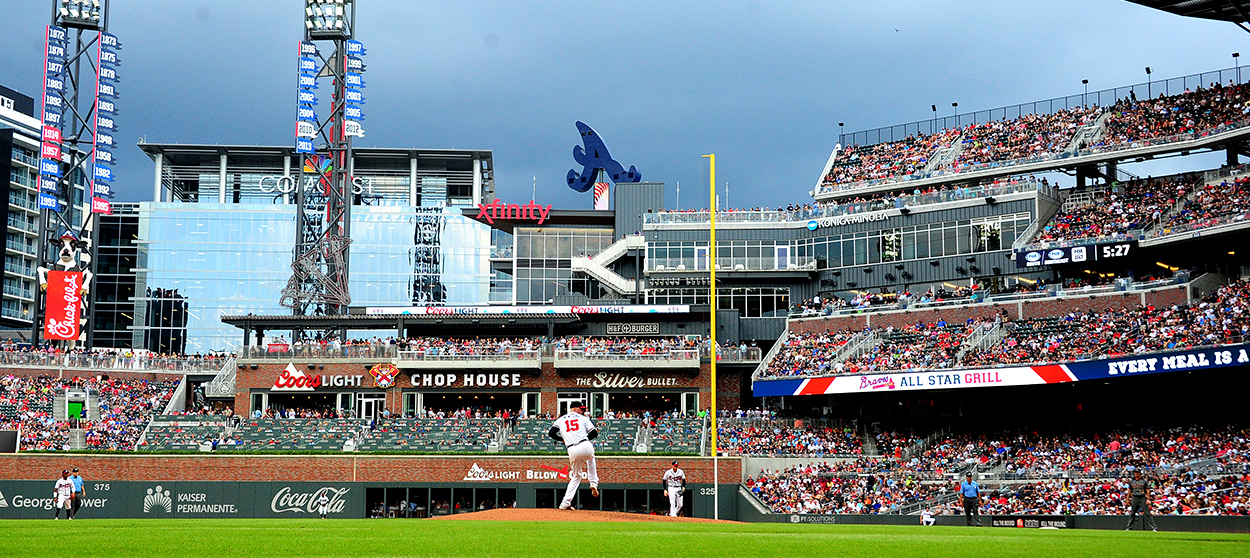 When sports teams fleece taxpayers
When sports teams fleece taxpayersThe Explainer Do taxpayers benefit from spending billions to subsidize sports stadiums? The data suggests otherwise.
-
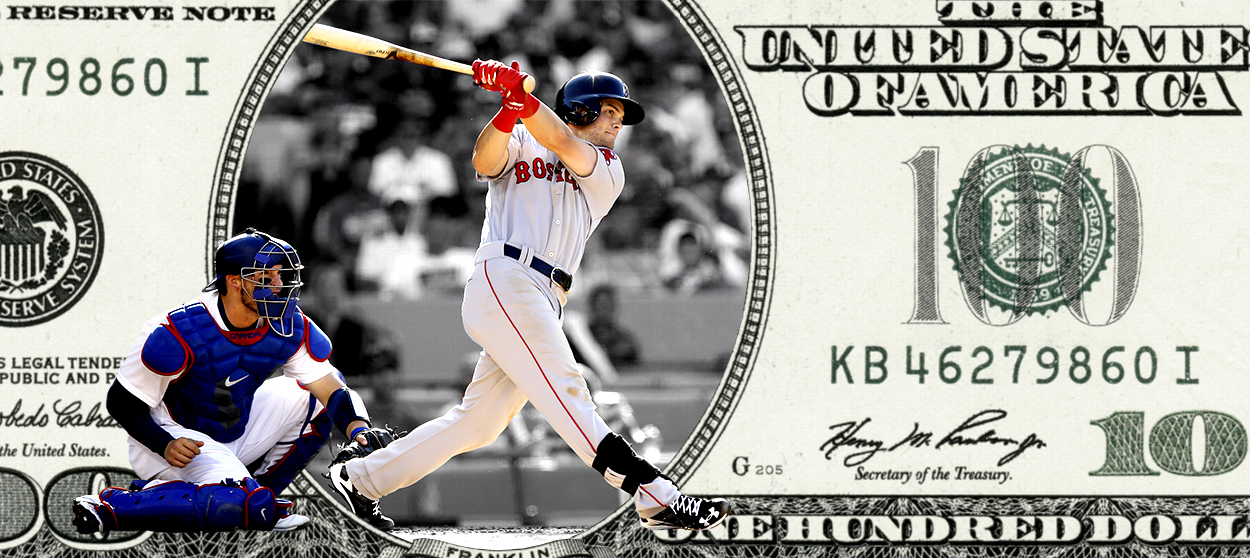 The 2018 World Series is bad for baseball
The 2018 World Series is bad for baseballThe Explainer Boston and L.A.? This stinks.
-
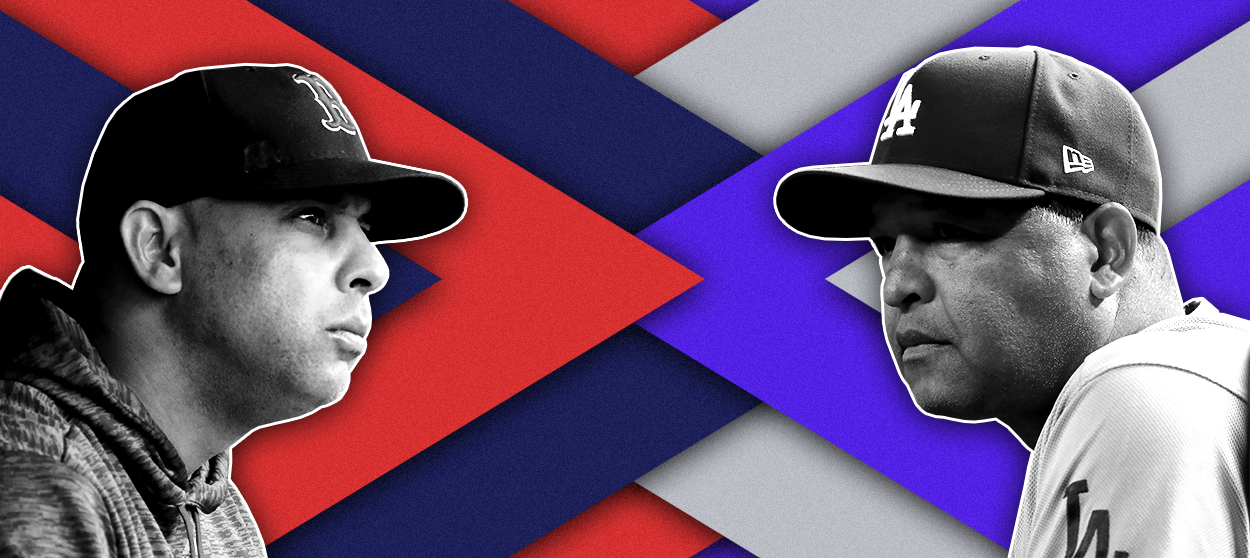 This World Series is all about the managers
This World Series is all about the managersThe Explainer Baseball's top minds face off
-
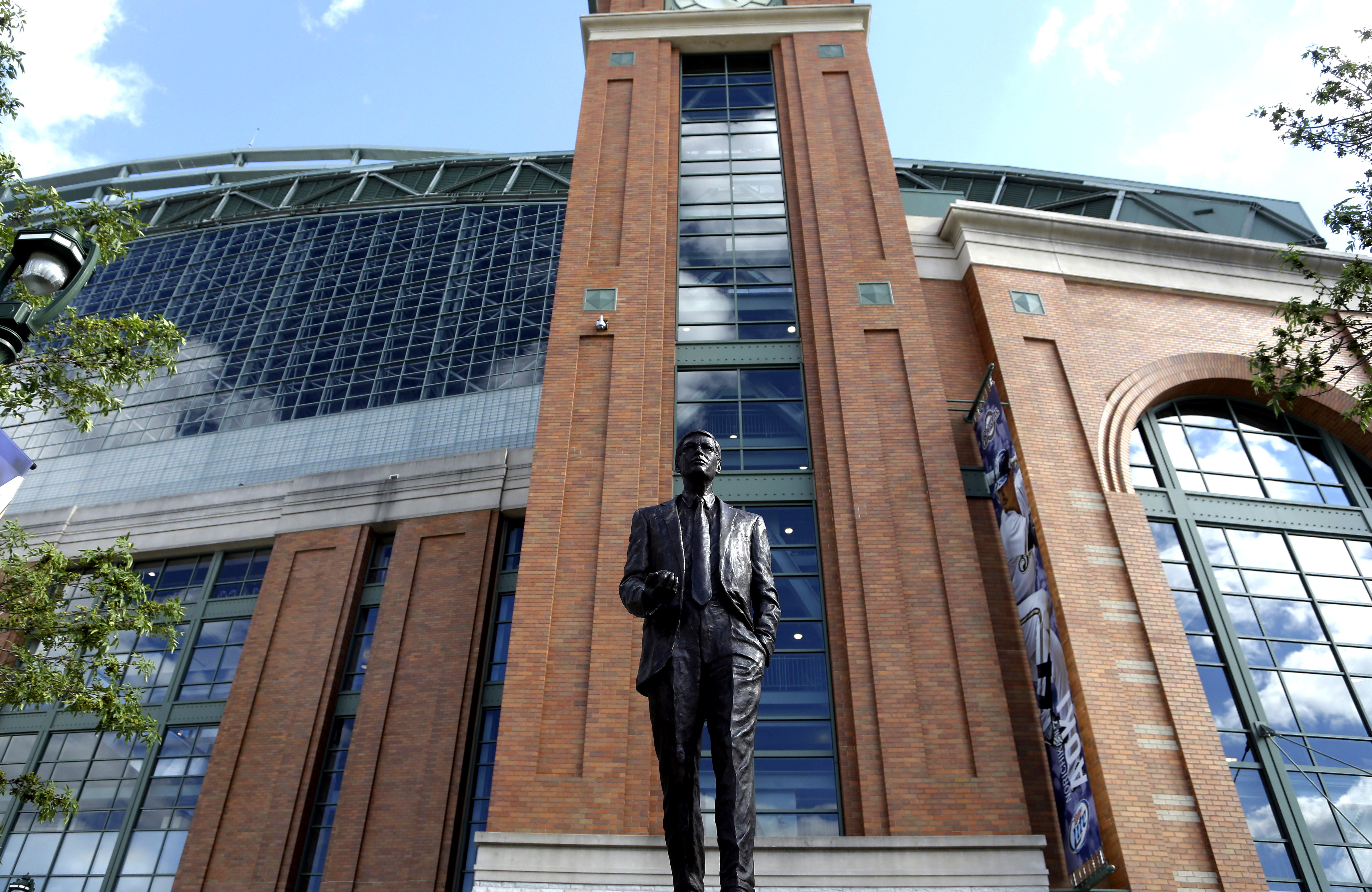 Behold, the Bud Selig experience
Behold, the Bud Selig experienceThe Explainer I visited "The Selig Experience" and all I got was this stupid 3D Bud Selig hologram
-
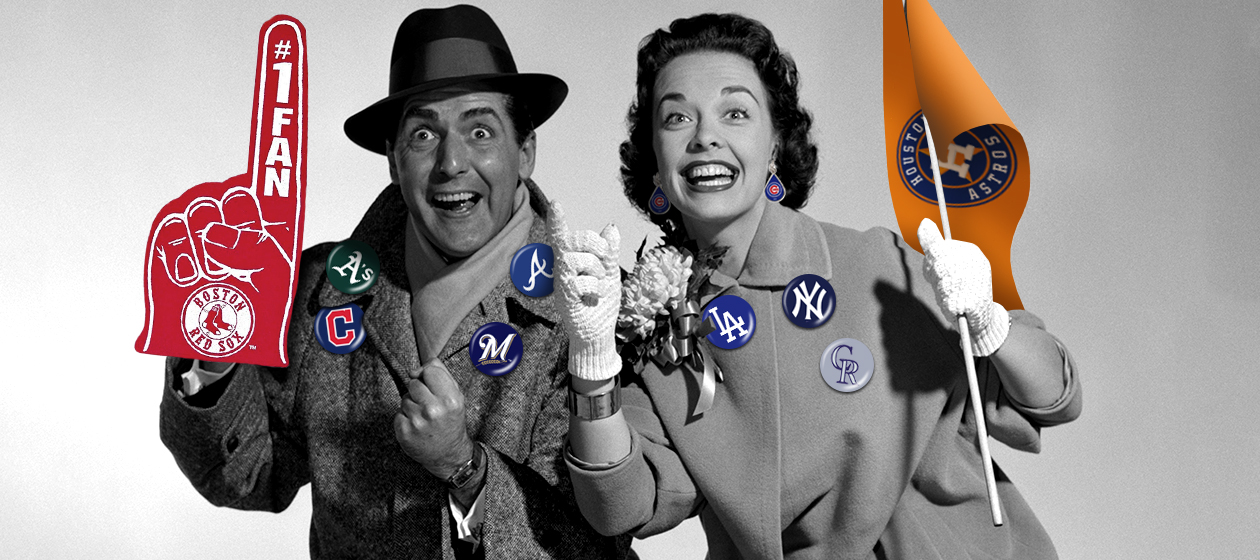 Who to root for in the MLB playoffs
Who to root for in the MLB playoffsThe Explainer Discover the pleasures of rooting for a team you had no attachments to before just this second
